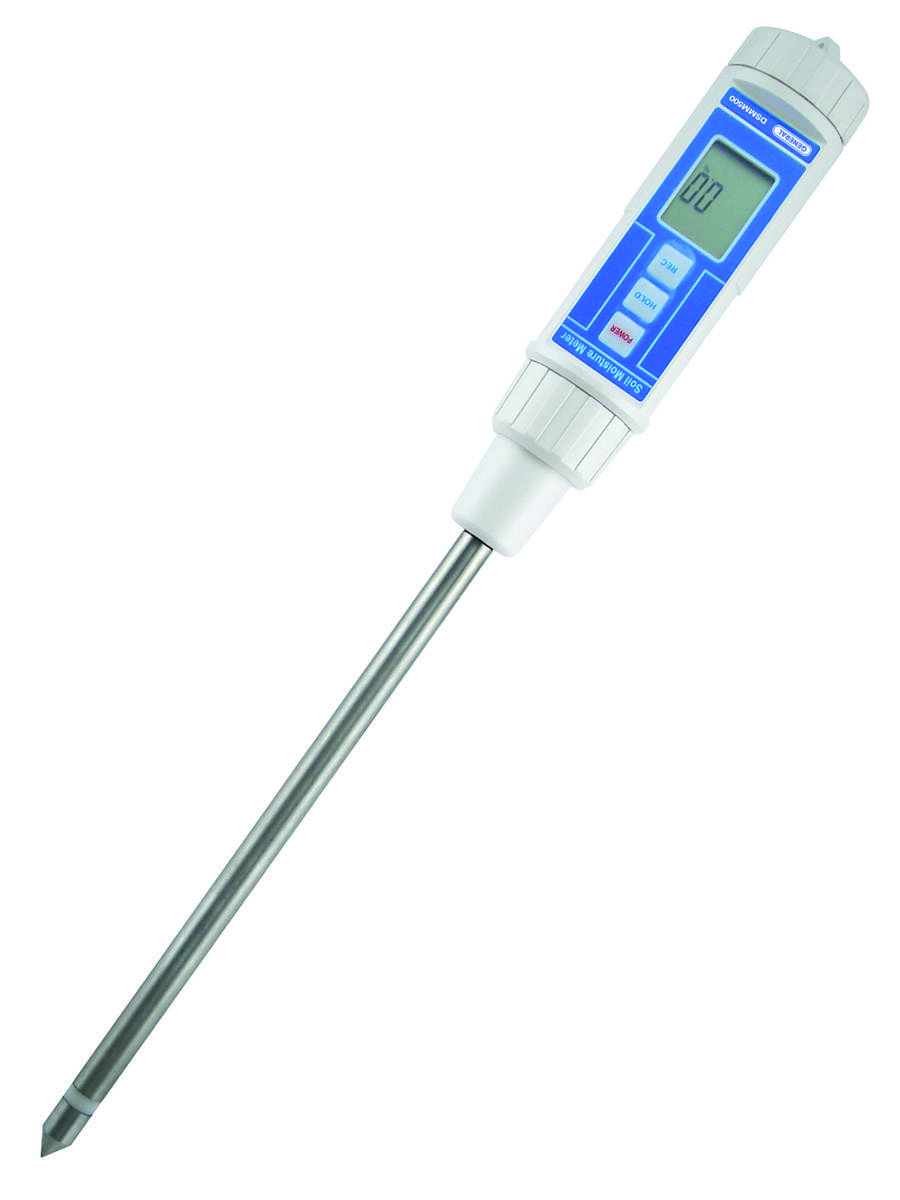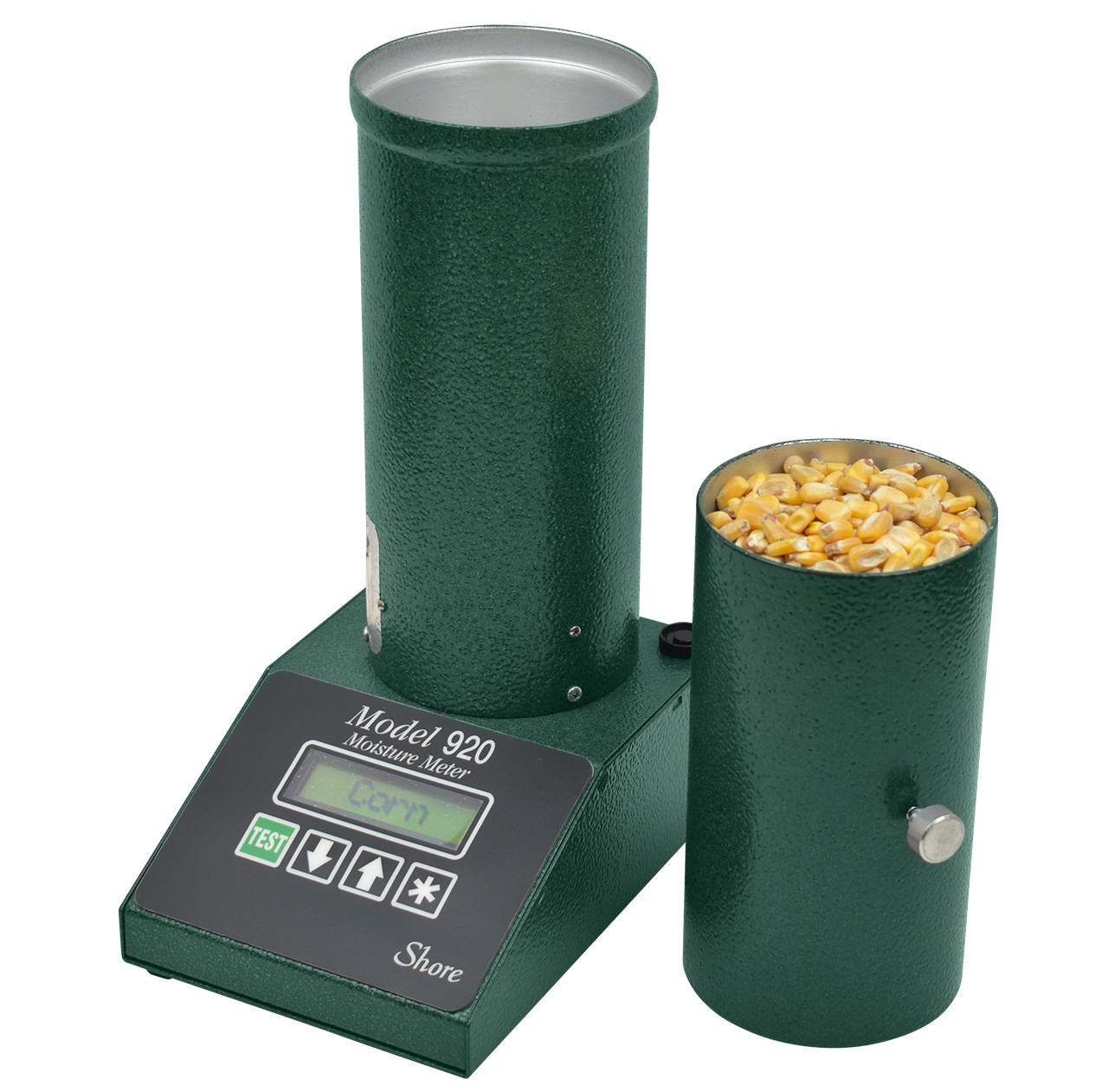The Ultimate Guide to Dampness Meters: A Comprehensive Summary and How They Can Conserve You Cash
Wetness meters offer as important devices in finding and keeping track of moisture material in materials, aiding in avoiding costly problems and making certain the quality of products. Recognizing the subtleties of various types of dampness meters, their applications, and the prospective cost-saving advantages they provide can be a game-changer for services and specialists alike.
Kinds Of Dampness Meters
One typical kind is the pin-type wetness meter, which gauges the electrical resistance between 2 pins put right into a product. Pinless wetness meters, on the various other hand, use electromagnetic sensor plates to scan a bigger area without causing damage to the material's surface area.

In addition, there are likewise specialty moisture meters developed for particular materials like soil, hay, or grain. These meters supply exact dampness analyses tailored to the one-of-a-kind homes of the material being evaluated. Infrared wetness meters gauge the thermal residential or commercial properties of a product to determine its wetness content non-invasively, making them valuable for applications where pin or pinless meters might not appropriate. Understanding the different kinds of moisture meters available can assist industries select one of the most suitable device for their particular dampness dimension demands.

Benefits of Using Dampness Meters
Moisture meters use invaluable benefits in precisely examining and keeping track of dampness degrees in varied materials and settings (Moisture Meter). One of the key advantages of making use of moisture meters is the prevention of potential damages brought on by excess moisture. By identifying and dealing with high wetness levels at an early stage, wetness meters aid to protect against mold development, rot, and architectural damage in structures, saving both money and time on repairs. In addition, wetness meters aid in ensuring the quality of materials during construction or manufacturing procedures. By precisely gauging moisture material, these tools help keep the integrity of wood, drywall, concrete, and various other products, lowering the risk of defects or failures.
Additionally, utilizing wetness meters can lead to increased power effectiveness. By determining areas with high moisture degrees, such as leakages or bad insulation, adjustments can be made to boost energy conservation and minimize energy expenses. In farming settings, wetness meters play an important duty in enhancing plant returns by allowing farmers to keep track of soil dampness levels and make informed watering choices. On the whole, the benefits of utilizing dampness meters cover across numerous sectors, providing cost-effective solutions and advertising far better quality control methods.
Just How to Select the Right Dampness Meter
When choosing a dampness meter, it's vital to make sure that the meter is suitable for the specific material you will certainly be testing. Different materials have differing electrical homes that can impact dampness analyses, so picking a meter developed for your product is crucial for exact results. By very carefully assessing these factors, you can pick a moisture meter that meets your demands and provides exact wetness measurements for your jobs.
Proper Strategies for Dampness Meter Usage

Cost Savings Via Dampness Meter Applications
How can the calculated use of wetness meters cause considerable cost savings throughout different markets? Moisture meters play a vital function in cost savings by protecting against possible damages and guaranteeing quality assurance in various markets. In the agriculture industry, dampness meters aid in determining the optimum time for gathering crops, stopping excess or over-drying moisture that can influence the last product's top quality. This accurate monitoring aids farmers stay clear of unnecessary losses and optimize their yield.
Likewise, in building and construction, wetness meters assist stop costly problems by spotting wetness degrees in building products, such as timber or concrete, which can More about the author lead to structural concerns if not attended to promptly. By determining issue areas beforehand, professionals can take rehabilitative measures to prevent considerable repairs or replacements, eventually conserving money and time.
Additionally, in the food handling industry, dampness meters are vital for checking product high quality and making certain compliance with safety policies. By properly gauging dampness web content in food, manufacturers can stop wasting, keep quality, and lower waste, resulting in significant cost savings. Generally, the critical application of wetness meters is a valuable investment that can lead to substantial cost reductions and boosted performance throughout various markets.
Conclusion
In conclusion, dampness meters are important devices for determining and detecting dampness levels in numerous materials. By making use of the best dampness meter and complying with correct strategies, individuals can efficiently avoid expensive damages created by excess wetness.
Dampness meters serve as crucial tools in identifying and checking moisture content in materials, assisting in protecting against expensive problems and guaranteeing the top quality of items. Infrared moisture meters determine the thermal residential properties of a product to determine its moisture content non-invasively, making them beneficial for applications where pin or pinless meters might not be suitable.Wetness meters use invaluable advantages in precisely analyzing and visit monitoring wetness degrees in varied products and settings. In agricultural settings, moisture meters play an important function in maximizing plant returns by enabling farmers to monitor soil wetness degrees and make educated watering choices.In verdict, moisture meters are valuable tools for discovering and determining dampness degrees in different products.
Comments on “The Science Behind Moisture Meters: Exactly How They Work and Why They're Necessary”